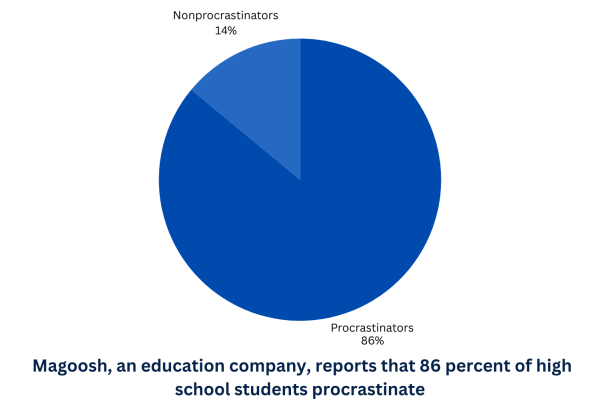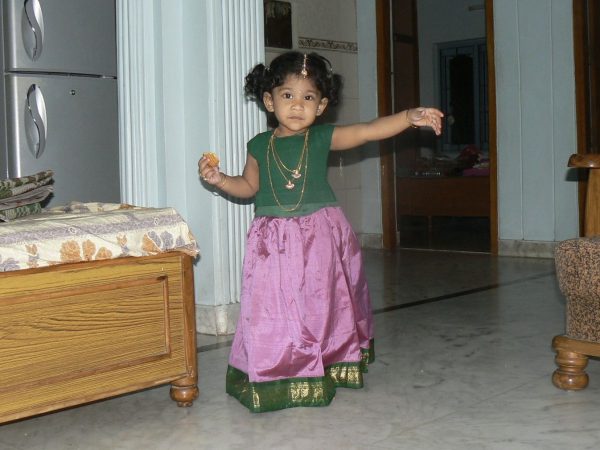The Role of Being an Older Sister
One of the last things my grandpa ever told me, as I was standing with my younger sister, was to “take care of each other.”
Of course, this statement left me with a plethora of unanswered questions.
Why did he choose this to be the last thing he told me? My grandpa was a man of very few words, so when he spoke, people listened. That is why these five words meant the world to me, and because of his words, my perception of what it meant to be an older sister changed as I entered high school.
Originally, I didn’t want to be an older sister. I was the star of the family- not only am I my parents’ first child, I was the first grandchild for both of my grandparents, and first niece for all of my aunts and uncles. The wall of pressure to maintain a marker of success was slowly built, brick by brick, after each birth of my two siblings, and eventually nine cousins.
Was this pressure pushed upon me by my adult family members, or by myself? Being the eldest sibling holds enough responsibility on its own, but being the eldest daughter carries a level of duty and dependability that being an eldest son does not. I am the built-in babysitter of my family and the example in school for my siblings to follow.
Why is being an eldest daughter so different from being an eldest son? Why was my experience of growing up with younger siblings so different from my male classmates with younger siblings?
It is scientifically proven that a child’s personality directly corelates with the birth order and gender of the children in their family. In the novel “The Eldest Daughter Effect,” Lisette Schuitemaker and Wies Enthoven explore birth order, and the effects of being the oldest sibling in a family, specifically targeting the journey and challenges of being an older sister.
After interviews and surveying eldest daughters, they had compelling results. Eldest daughters commonly grow up to be ‘people pleasers’ and perfectionists. Consequently, this phenomena affects all relationships an eldest daughter will have, even past their life of living at home with their parents and siblings.
Societally, matriarchs or older women are usually tagged as caregivers, or the heart of the familial center. Therefore, consciously or unconsciously, parents push a version of this pressure onto their eldest daughters.
Furthermore, older siblings are the easiest family members for a younger sibling to follow. They are old enough to set a good example, but young enough to be respected as one would respect a friend.
That is a BIG responsibility. Especially for older sisters. Not only do you have to set a good example academically, you have to be a good role model in a society of extreme body expectations and standards.
I have a younger sister, and as I have gotten older, being a body positive role model for her has slowly become important to me. I had to navigate middle school drama, self esteem issues, and social media influence without an older sister’s example to follow. So I wanted to give the support to my younger sister that I never had.
This isn’t to say that young boys don’t experience a similar phenomenon, but girls experience an extreme amount of expectations that boys do not.
Being a ‘good’ older sibling is different for every family dynamic. Being a good older sister, to me, is promoting a healthy mind and body and highlighting the importance of good mental health and self esteem.
As I grow older, and bloom into my older sister role, I have begun to understand, and almost appreciate the responsibilities that come with it. I am proud to have been given this opportunity to help my younger siblings grow into beautiful people. I love being an older sister, and all of the responsibilities that come with it.











Terrie Jeschke • Mar 21, 2022 at 5:16 pm
What a wonderful article! I am the grandmother of a young lady who just became stepsister to two boys and half sister to another boy. She is the oldest by a year. I already see these characteristics developing – she is a people pleaser; she watches out for the 3 year old; she’s caring. It is nice to know this is a role she will come to enjoy.
Janet George • Dec 8, 2021 at 8:04 am
Great article!